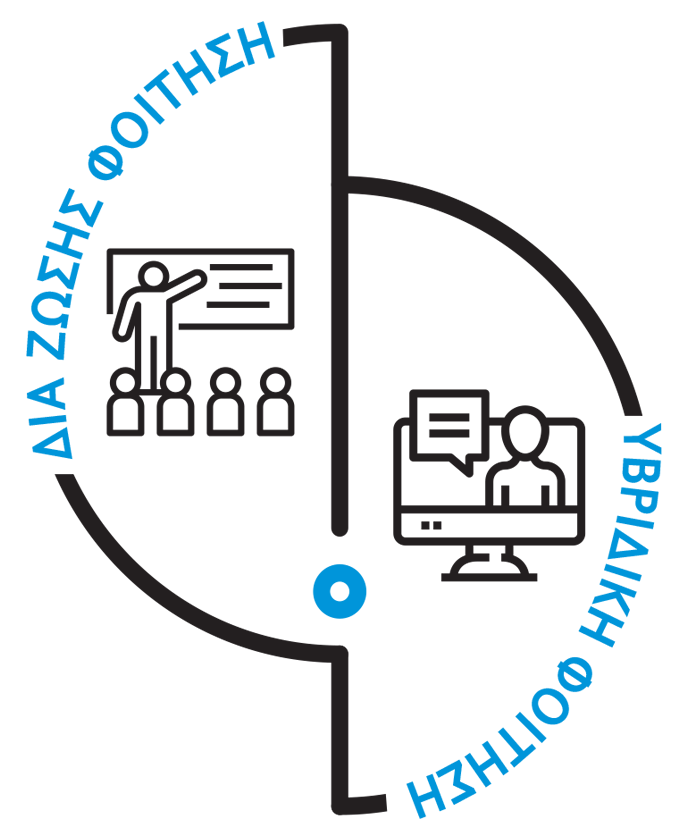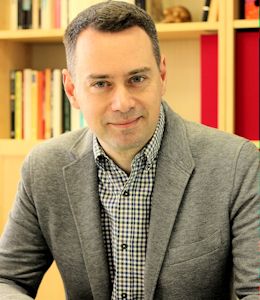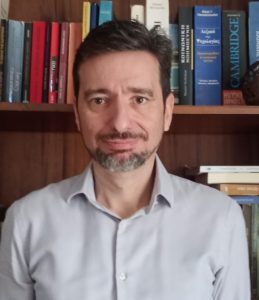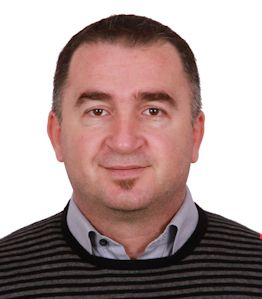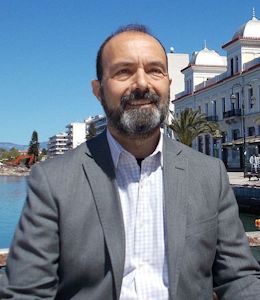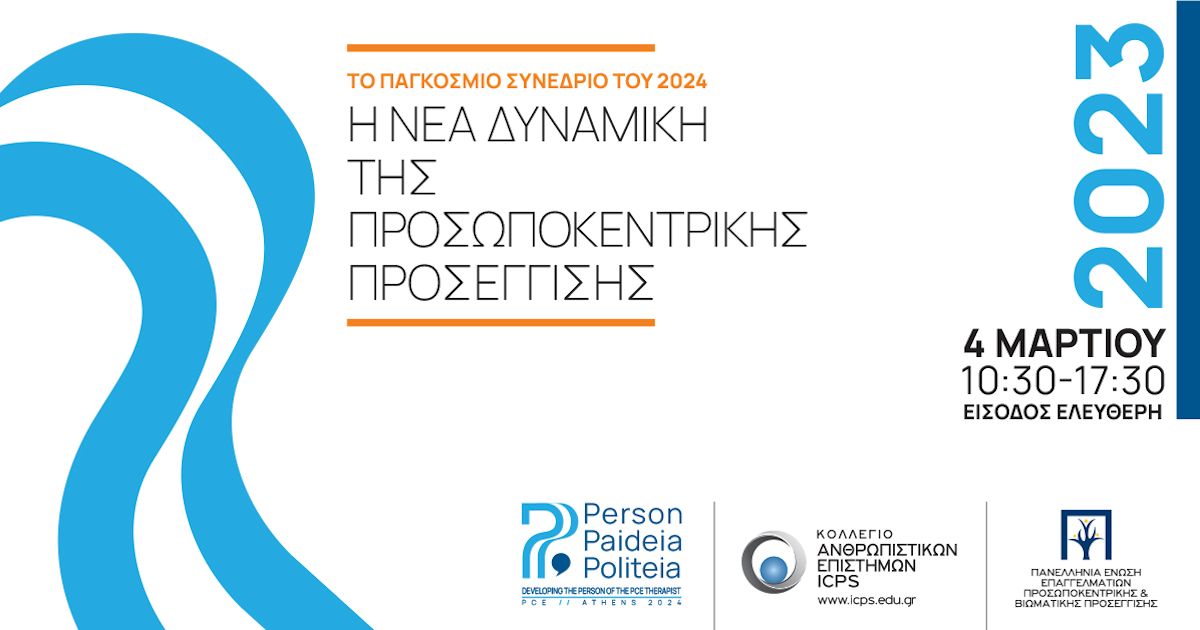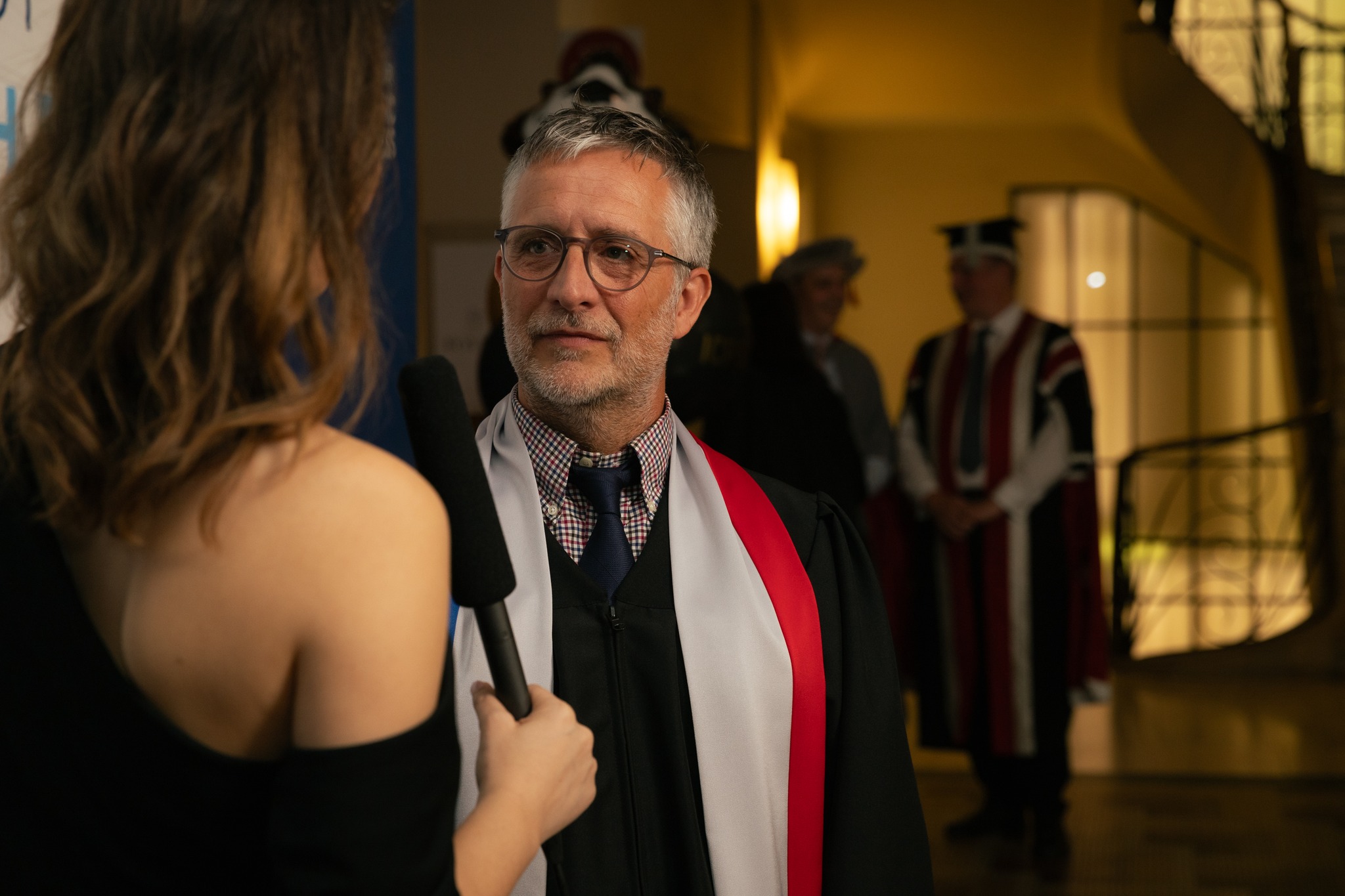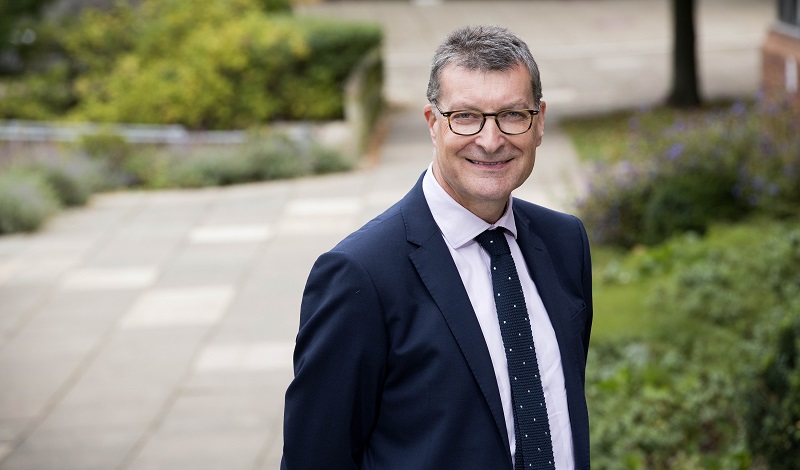This intensive and specialised Master’s Degree Programme in Person-Centred Psychotherapy, is available in cooperation with the University of Central Lancashire, the great international public university of the North of England and complements the range of Person-Centred programmes that we offer in Greece since 1989.
This pioneering MPA, combines theory with experiential education, as well as practical training and research application based on the principles of Person-Centred Psychotherapy and the experience and pioneering 35 years of College in the Approach.
Master of Person-Centred Psychotherapy
Person-centred Psychotherapy, founded in the 1950s by Carl Rogers, is the most common form of psychotherapy. “third force” in psychology and alternative to the other two dominant approaches, such as psychoanalysis and behaviourism. “The purpose of this approach…” said Rogers “…is not to solve a specific problem, but to help the person to develop in such a way that he or she can cope with the problem… It is based much more on the person’s tendency towards growth, health and adaptation… This new therapy emphasizes the emotional elements…rather than the cognitive processes… In addition, it emphasizes the present situation rather than the person’s past… Finally, this approach emphasizes the therapeutic relationship itself as a developmental experience“. Today, Person-centeredness is recognized by all approaches as the basis of any therapeutic relationship as and as a synonym for the consultative process.
The Master’s Degree in Person-Centred Psychotherapy is specifically designed to develop the skills needed to apply the principles and knowledge of the Person-Centred Approach both in incidents daily emotional stress, as well as in those of psychological maladjustment. During the course of study, students receive training in the basic principles of counselling and psychotherapy and then in the principles of Person-Centred Psychotherapy and its application to special population groups.
Among other things it covers:
- The theory and findings governing the application of Person-Centred Psychotherapy in people’s everyday life.
- Development important counselling and psychotherapy skills in order to create a successful therapeutic relationship.
- Specialised training in the approach to psychopathology through the lens of Person-Centred Psychotherapy.
- Developing advanced skills in Therapeutic Conditions of the Person-Centred Approach.
- Personal development and expanded self-awareness via experiential exhibition and group process.
- Specialisation in incidents mourning and loss, eating disorders, domestic violence and conflict, play therapy and others.
- Training in research protocols in Person-Centered Psychotherapy.
Other important features of the project are:
- Recognized by the Department for the Implementation of European Legislation (ATEΕN) (formerly known as the SACP). It is Equivalent (Professional Equivalence) of Postgraduate students of public universities.
- Interdisciplinary team of trainers with experience in counselling and psychotherapy, and certified from the European Society of Counselling, the European Society for Psychotherapy, but also the Panhellenic Association of Professionals of Person-Centered & Experiential Approach (PEPCIP).
- Mandatory practical training, at least 300 hours, in private and public sector organisations or with professionals certified psychotherapists of the Person-Centered Approach, in accordance with the provisions of the legislation (Law 4763/2020, Law 5006/2022) with supervision provided by the College.
- Ninety (90) ECTS (18 months normal duration). It is available both in an intensive 12-month format and in a part-time 24-month format.
- Academic assessment: Variety of methods including assignments, presentations, self-evaluation and personal development reports, role play etc.
Registration Criteria:
- University degree, preferably in Psychology or a similar discipline.
- Good knowledge of English for the study of the bibliography
- Those who have completed a research thesis during their undergraduate studies have a head start.
- Those with a good knowledge (at first degree level) of Research & Methodology using SPSS.
- Two years of work experience is desirable, but not essential.
- Assessment of study intention by a Study Advisor.
- Successful Academic Interview.







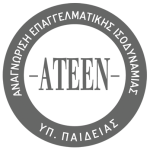

 Οι φοιτητές του ΜΠΣ στην Προσωποκεντρική Ψυχοθεραπεία γίνονται δεκτοί στον αντιπροσωπευτικό σύλλογο των Προσωποκεντρικών και Βιωματικών Συμβούλων και Ψυχοθεραπευτών στην Ελλάδα.
Οι φοιτητές του ΜΠΣ στην Προσωποκεντρική Ψυχοθεραπεία γίνονται δεκτοί στον αντιπροσωπευτικό σύλλογο των Προσωποκεντρικών και Βιωματικών Συμβούλων και Ψυχοθεραπευτών στην Ελλάδα.  To Master Προσωποκεντρικής Ψυχοθεραπείας στο ICPS περιλαμβάνει το κορυφαίο πρόγραμμα προσωπικής και επαγγελματικής ανάπτυξης, Career Success Navigator©
To Master Προσωποκεντρικής Ψυχοθεραπείας στο ICPS περιλαμβάνει το κορυφαίο πρόγραμμα προσωπικής και επαγγελματικής ανάπτυξης, Career Success Navigator©